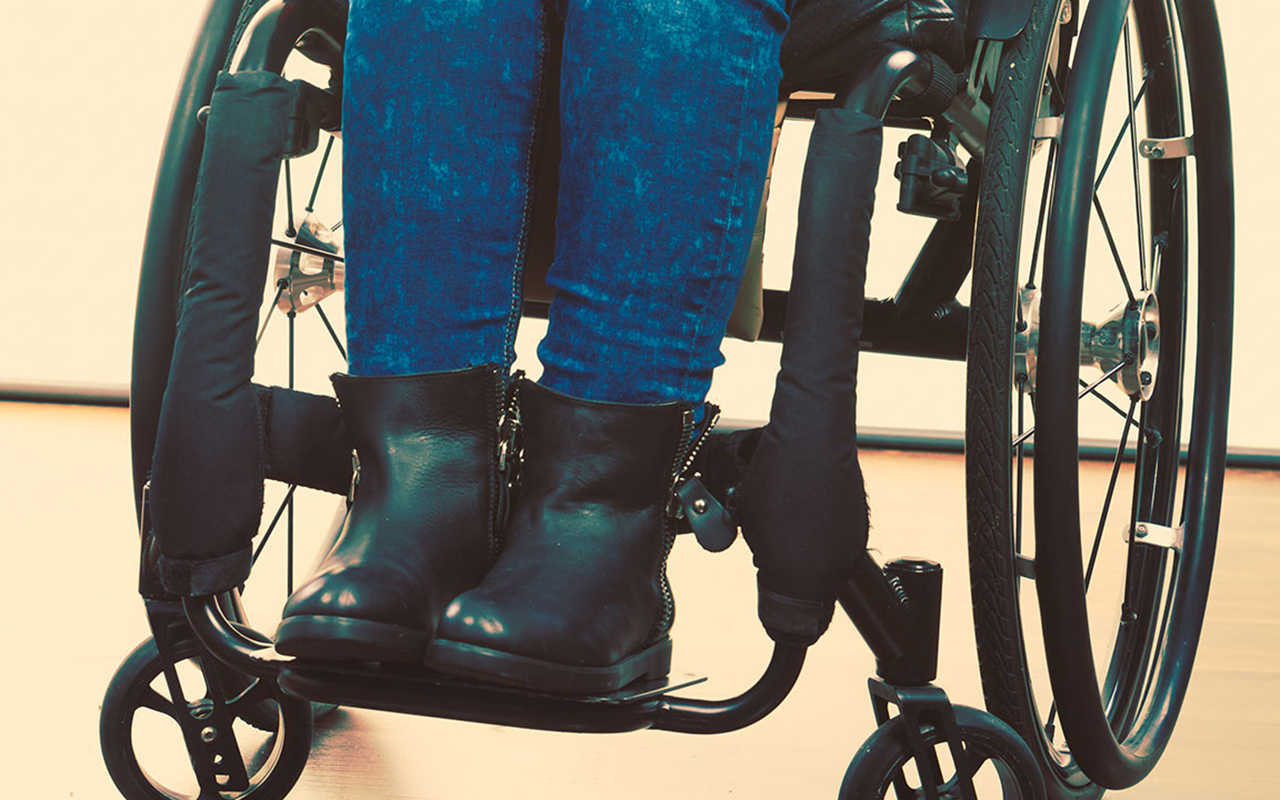TEENS with disabilities have poorer mental health than teens without disabilities, and up to half of that poorer mental health is attributable to bullying, according to Australian research published in the International Journal of Epidemiology.
Dr Tania King, from the University of Melbourne’s Centre for Health Equity, and colleagues used causal mediation analysis to study data from a sample of 3409 adolescents. The data included reports from multiple informants (parents, teachers, teenager) on mental health, and two informants (parents, teenager) on bullying, to counteract the dependent measurement bias of self-reporting.
“We know that teens with a disability have worse mental health than teens without a disability,” Dr King told MJA InSight.
“We know that teens with disabilities experience more bullying than teens without a disability.
“What we wanted to find out was how much of their worse mental health is due to the increased bullying they experience.”
For preferred analysis (using parent-reported bullying and adolescent-reported mental health), the total effect was a 2.18 lower mental health score (95% confidence interval [CI], 0.66–3.40) for adolescents with a disability, compared with those with no disability (strength of association equivalent to 37% of the standard deviation for mental health). Bullying explained 46% of the total effect. Use of adolescent-reported bullying with adolescent-reported mental health produced similar results (37% mediation; 95% CI, 12–74%).
In other words, Dr King said, “we found that the bullying explained a really large amount of the poorer mental health that you see in teens with a disability – 46%”.
“Almost half of that poorer mental health in teens with disability is down to their experience of bullying.”
In the IJE article, Dr King and her colleagues wrote that “these findings are important from a policy perspective, as they suggest that much of the poorer mental health of adolescents with a disability might be attributable to their treatment at the hands of others”.
“There are several limitations of our study,” they wrote.
“First, we make necessary assumptions about the temporal sequencing of the exposure, mediator and outcome. We assume that disability precedes experiences of bullying-victimisation and bullying-victimisation precedes mental health outcomes.
“While there is evidence that bullying-victimisation in adolescence is associated with poorer mental health, the direction of this association remains unclear.
“There is some evidence that children with internalising problems or symptoms are more likely to be bullied, although other studies have shown that bullying-victimisation is predictive of the onset of mental health difficulties.”
Dr King told MJA InSight that she hoped the results would inform future antibullying policies.
“Antibullying programs have done fantastic things in other marginalised groups, but teens with a disability haven’t been part of that, necessarily,” she said.
“This is a call to include such groups in future antibullying programs.
“There is evidence that a whole-of-school approach is needed. It’s about building a culture that is really embedded in schools, of tolerance and inclusiveness.”
To find a doctor, or a job, to use GP Desktop and Doctors Health, book and track your CPD, and buy textbooks and guidelines, visit doctorportal.

 more_vert
more_vert
This is why we started a school for adolescents wth disabilities. Our son, who has cerebral palsy and autism was already being bullied in grade 1. Now as a young adult, he is confident in himself, not having suffered more in his later childhood and adolescence. “inclusion” is good for some when well resourced and with skilled support, we get those who fail at it at our school, and they become comfortable with their own peers, with social skills scaffolding and small numbers.
Here is a complimentary, comprehensive action plan to recognize, avoid, and defend against bullies. antibullyplan.com